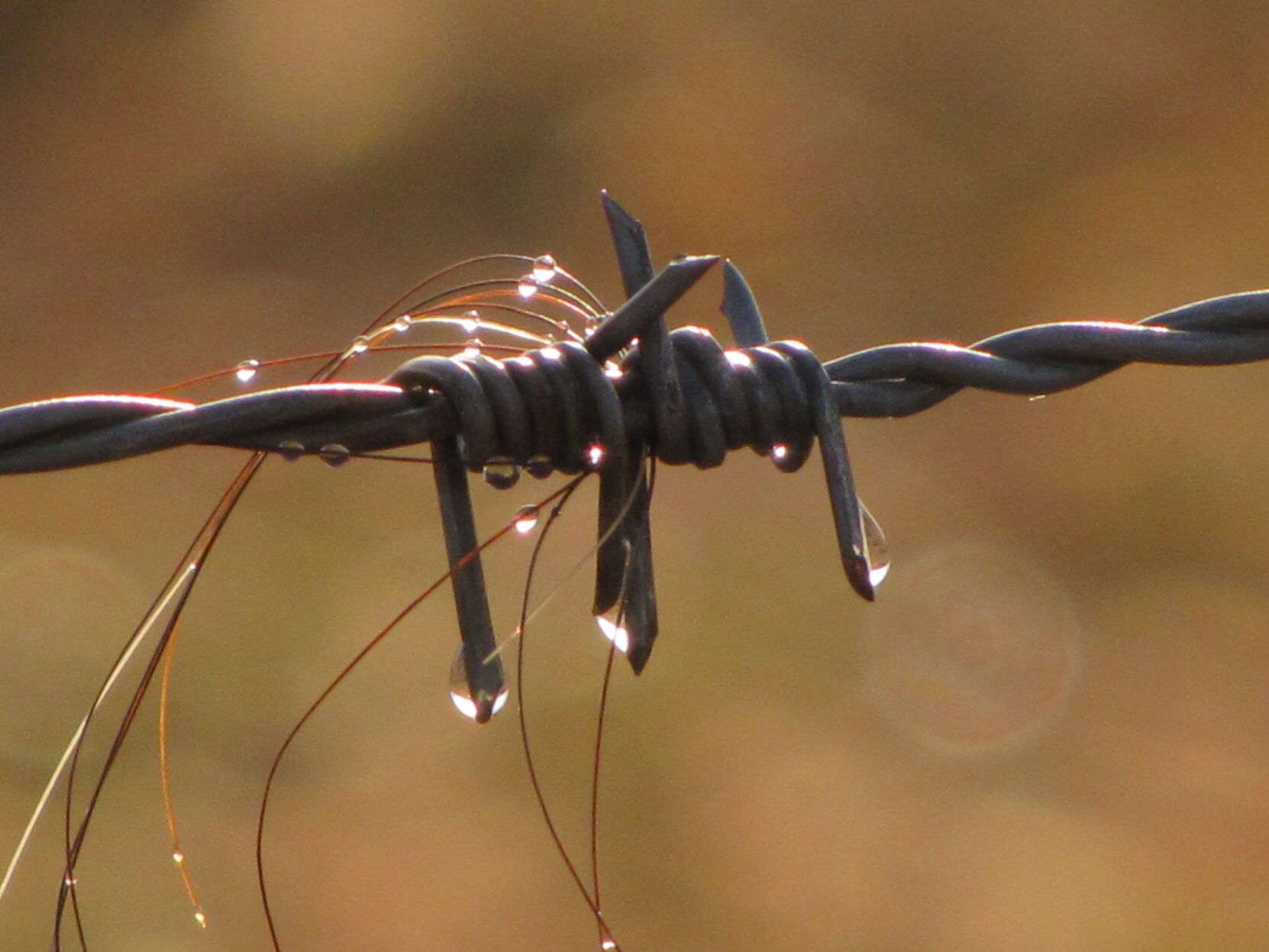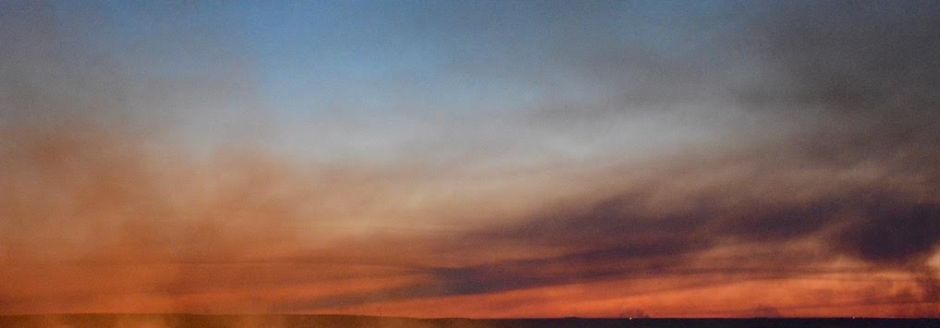Ranchers hit hard by a wildfire in mid-December will get relief as they rebuild their operations, as Kansas Gov. Laura Kelly signed legislation to create a sales tax exemption for agricultural fencing supplies.
The fire burned more than 160,000 acres—most notably in Russell, Ellis, Osborne, and Rooks counties.
House Bill 2239, which creates the sales tax exemption on fencing supplies, is part of the taxation omnibus legislation with Senate substitutions that provide tax cuts for disabled veterans, tax credits for teachers and other provisions sought by lawmakers on both sides of the aisle. The governor said all of the actions were made possible by a strong economic recovery following the COVID-19 pandemic.
“Our fiscal responsibility has put Kansas back on track,” Kelly said in a news release. “We’ve been able to fully fund our schools, fix our roads and bridges, balance the budget, and cut property taxes, providing relief for Kansans.”
One provision for farmers and ranchers means a sales tax exemption for the purchase of necessary supplies to reconstruct or repair fencing for agricultural land damaged or destroyed by natural disaster by providing tax relief to farmers and ranchers impacted by recent wildfires. The exemption was created in light of the Four County Fire in December 2021. Kelly had declared it a natural disaster.
The bill also helps other farmers and ranchers impacted by disasters retroactive to Jan. 1, 2021. Under the provision, to be eligible for the exemption, the property containing the fence must be located in an area declared to be a disaster by the federal, state or local government and the purchases must be made within two years of the date of the applicable disaster declaration. For applicable purchases already made, taxpayers are entitled to a refund of sales tax upon provision of appropriate documentation.
Rep. Troy Waymaster, a farmer and rancher from Bunker Hill, along with state Sen. Elaine Bowers, R-Concordia, have championed the legislation and Waymaster was glad to see it finally pass. Waymaster, a Republican, is chairman of the House Appropriations Committee and had seen the damage firsthand, so he and Bowers went to work to get legislation introduced.
Both lawmakers hoped it would be approved early in the session but Waymaster said that bill became part of an overall package, which is not unusual. He was confident it would be approved and urged anxious ranchers to be patient. He said the legislation was made retroactive to help Four County Fire ranchers and upgraded to help others who had been impacted by disasters by having the Jan. 1, 2021, effective date.
“I’m glad to see that we were able to get the wildfire part of the bill passed,” he said. “It will definitely help.”
Rep. Boyd Orr, R-Fowler, a member of the House Agriculture Committee, believes that provision should help not only the Four County Fire ranchers but also other producers who have been hit by fires and natural disasters since Jan. 1, 2021.
The bill also permanently eliminates sales tax on fencing supplies after July 1 if they are used for personal property and services necessary to construct, reconstruct, repair or place any fence used to enclose agricultural land.
That provision was one Orr did not like but he understood it was all part of a final bill. Orr believed the exemption should only be used to help producers in need and limits the scope to emergencies that are declared by local, state or federal governments.
Waymaster said the legislation was one the Senate wanted to see put in the compromise bill and had discussed earlier in the session. The Kansas Legislative Research Department estimates the plan will cost the state about $4 million in fiscal year 2023, although Waymaster thought the estimate was high and would likely have less impact.
An unrelated provision in the signed legislation broadens the authority of county commissioners to abate property taxes for all buildings and agricultural improvements listed as real property when a disaster occurs. County commissioners have the option to abate taxes in situations where such property has been damaged in a governor-declared disaster and restoration costs equal or exceed 50% of pre-damage market value. An application for an abatement is required to be filed by Dec. 20 of the year after the natural disaster.
Orr remembered how after the Clark County fires five years ago the county commission could not grant property tax relief, which would have helped expedite the recovery. The change, he said, provides welcome flexibility.
“I think that’s a good example of the home rule,” Orr said. “That lets county commissioners use their discretion with common sense management.”
Waymaster also thought it was a good addition to the overall bill and gives county commissioners another tool to help provide relief when farmers and ranchers are hit by a natural disaster because it impacts them differently than it does urban residents.
The bill also provides that land used by zoos holding a class C exhibitor license issued by the U.S. Department of Agriculture and land devoted to the production of plants, animals or horticultural products that is incidentally used for agritourism activity, which is defined by the bill, is to be classified as land devoted to agricultural purposes of property taxation.
Sign up for HPJ Insights
Our weekly newsletter delivers the latest news straight to your inbox including breaking news, our exclusive columns and much more.
The bill specifies that beginning in tax year 2023, all land devoted to agricultural use that is subject to the federal Grassland Conservation Reserve Program shall be classified as grassland for property tax purposes.
Dave Bergmeier can be reached at 620-227-1822 or [email protected].


